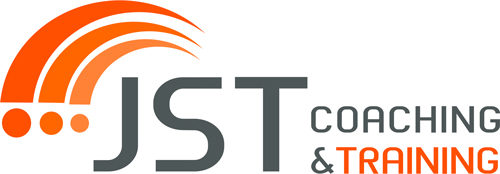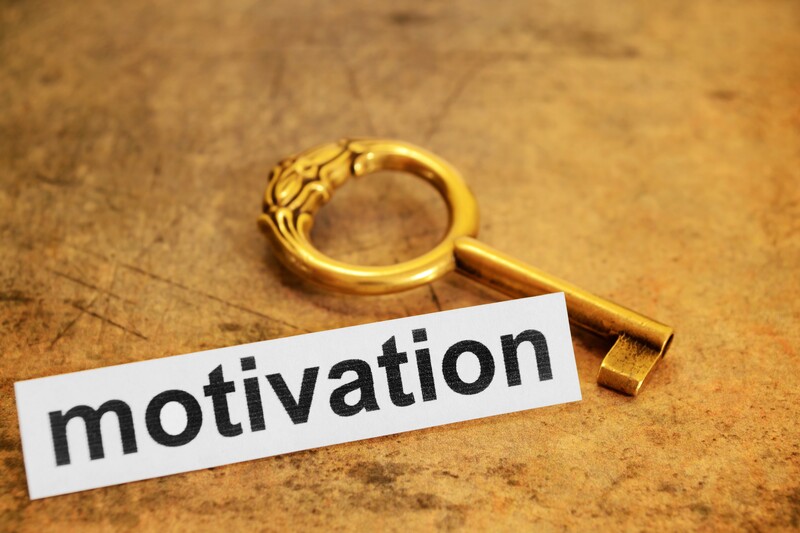One of the major challenges that parents and teachers identify in young people with ADHD is that these individuals lack motivation. Although there is certainly some truth to this statement, motivation in young people with ADHD is far more complicated than the notion that these individuals simply don’t care or lack a desire to be successful. In fact, the contrary is often the case. After years of failing to meet the grade, falling short of their own or their parents’ hopes and expectations, or struggling to master even basic tasks like showing up for activities on time or completing homework and household chores, these young people are often walking through their daily life with broken hearts and defeated attitudes because they want more than anything to succeed at life, but they lack the skills, know-how, and experience to do so.
Chris A. Zeigler Dendy notes frequently in her book Teenagers with ADD and ADHD that teens with ADHD often appear to be unmotivated and lazy to those around them. The low energy, daydreaming, or “spaciness” of an ADHD inattentive-type teen can appear to adults, peers, and others as disinterest, laziness, and lack of motivation. Sadly, these young people have often been told by others that they are ill-behaved, uncooperative, ungrateful, uncaring, or even stupid. Although it’s true that motivation to work is often a problem for young people with ADHD (as noted by Dr. Thomas E. Brown in his book Attention Deficit Disorder), a lack of apparent motivation in young people with ADHD does not equal laziness. Both Dendy and Dr. Brown stress the need to develop and strengthen executive functioning skills, which are necessary for goal-directed behavior, in young people with ADHD.
Motivation has been studied for years by psychologists, educators, workforce specialists, and others; thus, countless variations of what motivation is and how it can be fostered have been described in literature emerging from an array of fields. Within the context of coaching young people with ADHD, I define motivation as the desire to take action toward achieving one’s goals. Thus, a perceived lack of motivation in young people with ADHD pertains to the absence of momentum and drive to achieve their goals. This lack of momentum is often fostered by a lack of skill or other inability to achieve one’s goals and doesn’t mean that young people with ADHD are being obstinate, willfully disobedient, or inflexible.
Oftentimes, these young people simply have trouble getting started because their executive functioning capacity is underdeveloped or they have yet to acquire the skills needed to get started on accomplishing their goals. Other times, these young people have trouble getting started because they are used to their efforts toward achieving goals being met with failure rather than success. Somewhere along the way, these young people have become tired or even fearful of trying, believing that one more disappointment awaits them around the corner. Many of my young clients have trouble initiating tasks, especially difficult ones. Although these problems may seem insurmountable, especially to the clients, I have found that by chunking down a task into small steps and offering a “carrot” for taking just one step at a time, I am able to help clients move forward with greater momentum and less resistance. Despite their past experiences, these clients discover that they can gain the momentum to complete the task.
Thus, lack of motivation in young people with ADHD is not simply about making a choice not to act or about choosing to do less than is expected of them. Lack of motivation in these young people stems instead from the neurobiology of ADHD and the resulting challenges to their executive functioning, which often result in an insufficient skill set and demoralizing life experiences. Fortunately, the neurobiological, skill-related, and life-experience components affecting motivation in young people with ADHD can be addressed, whether through proper medication management, therapy, coaching, or some combination of these.
Excerpted from Empowering Youth with ADHD: Your Guide to Coaching Adolescents and Young Adults for Coaches, Parents and Professionals. Sleeper-Triplett, J. 2010.

